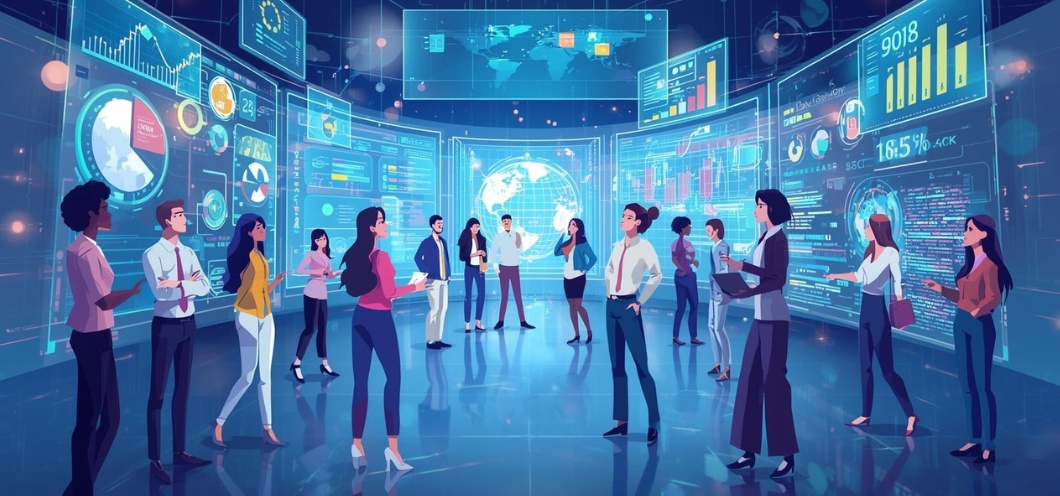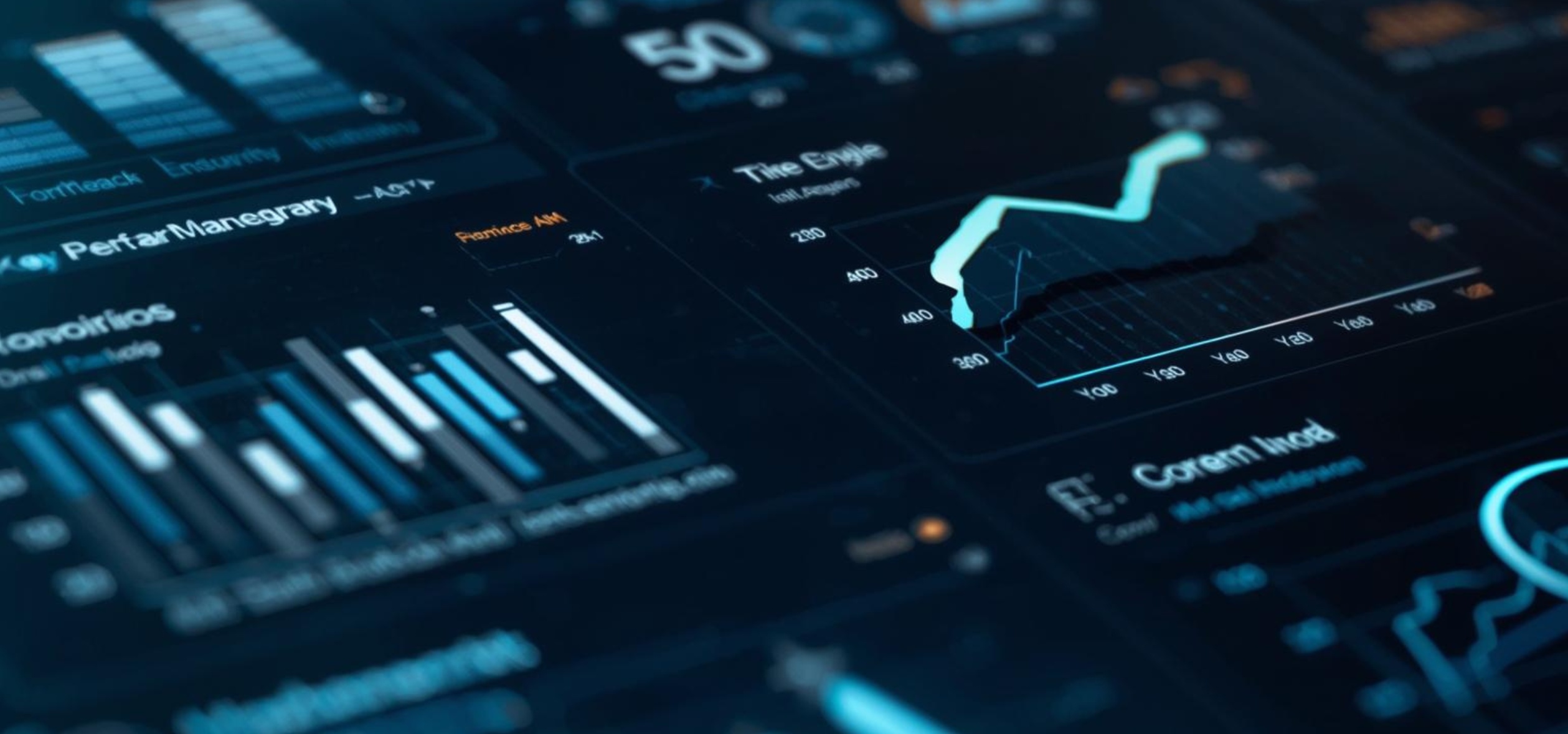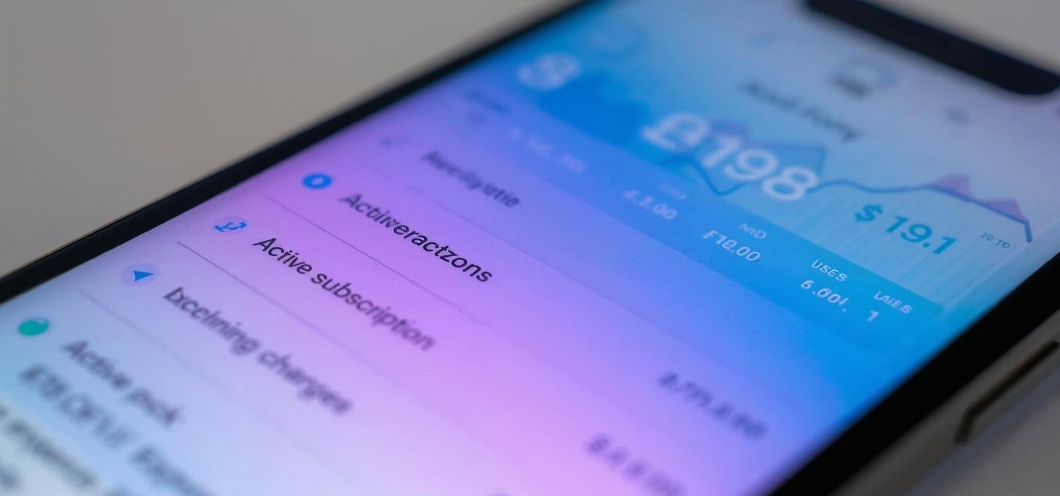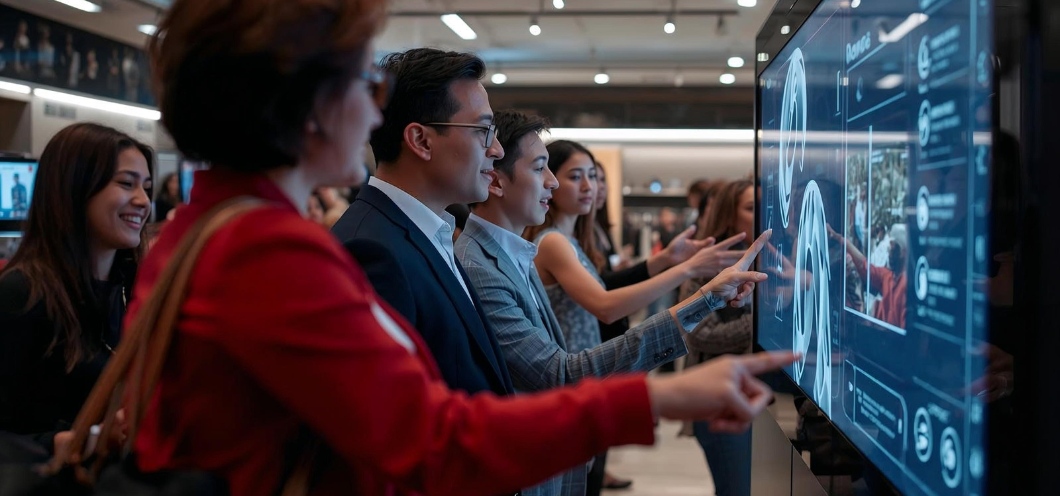- Vaishnavi K V
- 297
Market
How Tokenized Real Assets Will Transform Global Markets
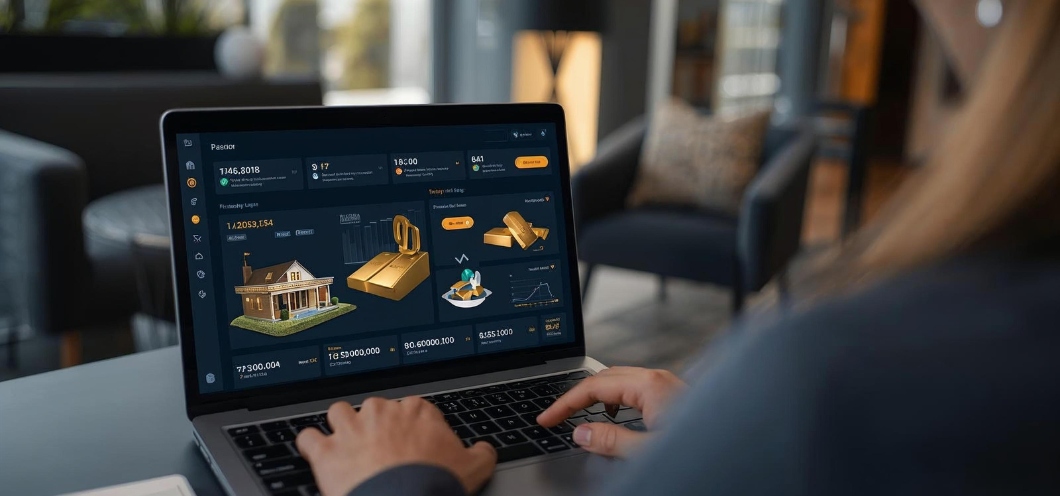
Image courtesy:Canva AI
A major shift is underway in global finance, and it has nothing to do with traditional cryptocurrencies. Instead, the spotlight is on tokenized real assets—physical items such as property, gold, infrastructure, and fine art that are converted into digital tokens on a blockchain. This next evolution blends the reliability of real-world value with the efficiency of digital technology, creating new possibilities for investors, institutions and global markets.
Also Read: How to Use Asset Allocation to Weather Market Volatility
A Simpler Way to Own High-Value Assets
For decades, investing in real estate or fine art required significant capital, geographic access and complex paperwork. Tokenization removes those barriers.
With tokenized real assets, investors can buy small fractional shares of high-value items—similar to buying stocks.
This means:
- You can own 2% of a luxury building
- Invest in a fraction of a gold reserve
- Hold tradable shares of a rare artwork
This fractional ownership approach democratizes opportunities that were previously limited to ultra-wealthy or institution-level investors.
Unlocking Massive Liquidity in Traditionally Slow Markets
Real estate and commodities are known for slow, expensive, paper-heavy transactions. Tokenization changes this entirely.
Tokenized real assets make these markets behave more like fast-moving digital exchanges:
- Trades settle in minutes, not weeks
- Buyers and sellers can transact 24/7
- Global liquidity increases as more participants join
Liquidity is one of the biggest value drivers in financial markets, and tokenization accelerates it dramatically.
Transparency and Security Through Blockchain
One of the strongest advantages of tokenized real assets is trust.
Blockchain ensures:
- Transparent proof of ownership
- Immutable transaction records
- Lower fraud risk
- Reduced dependence on intermediaries
Investors gain confidence knowing that every transaction is secure, auditable and verifiable.
A Borderless Investment World
Tokenization breaks down geographic limitations. A buyer in Tokyo can instantly invest in farmland in Australia or a retail complex in New York—no long legal processes or on-ground presence required.
Global markets become:
- More open
- More competitive
- More inclusive
This borderless access could completely reshape how capital flows across countries.
The Future of Finance Is Already Taking Shape
Governments, financial institutions, and fintech companies are developing frameworks to support the growth of tokenized markets. As adoption expands, tokenized real assets are expected to become a mainstream asset class—not an experimental one.
This financial evolution empowers investors with:
- Faster access
- Transparent processes
- Diversified portfolios
- Lower barriers to entry
It marks the beginning of a financial system where real-world value moves with the speed, security and accessibility of blockchain technology.
Tags:
Global MarketsMarket StrategyAuthor - Vaishnavi K V
Vaishnavi K V is a storyteller at heart and a strategist by choice. She plays with words, shapes ideas, and turns simple thoughts into meaningful content. From website copy to blogs and brand narratives, she crafts purposeful words that help brands stand out in the digital space.
Popular Post
